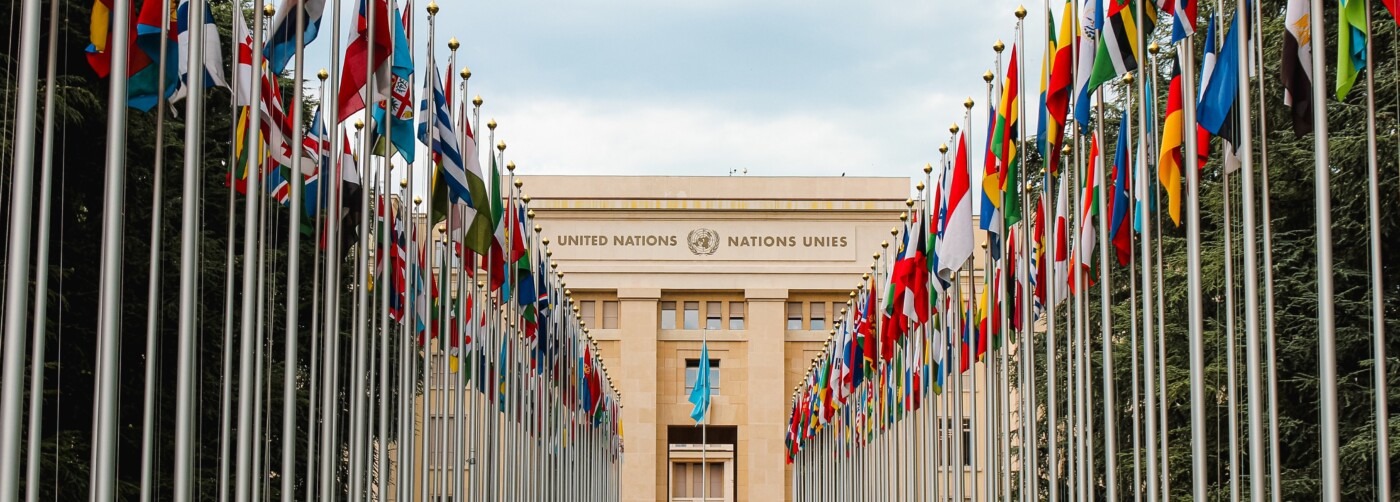UN declares a universal human right to a healthy, sustainable environment
T he United Nations (UN) has declared “access to a clean, healthy and sustainable environment” as a universal human right. On 28 July 2022, majority of the United Nations General Assembly voted to adopt this resolution, with 161 votes in favour and eight abstentions.
The UN called upon member states to come together in the collective fight against what it terms “the triple planetary crisis of climate change, biodiversity loss and pollution”, and asked companies and international organisations to scale up efforts to facilitate the emergence of a greener and more sustainable world. In a statement released by the office of the spokesperson for UN Secretary-General, António Guterres, he said: “The resolution will help reduce environmental injustices, close protection gaps and empower people, especially those that are in vulnerable situations, including environmental human rights defenders, children, youth, women and indigenous peoples. The international community has given universal recognition to this right and brought us closer to making it a reality for all.”
The UN has been discussing the environment as a global concern for over 50 years. In 1972, the United Nations Conference on the Environment in Stockholm was the first to foreground environmental issues on a global level, as well as instigated a dialogue between industrialised nations and developing countries. Member states at the time said that people should have a fundamental right to “an environment of a quality that permits a life of dignity and well-being”, and this recent resolution marks the culmination of 50 years to formalise and codify this right.
The resolution will help reduce environmental injustices, close protection gaps and empower people, especially those that are in vulnerable situations, including environmental human rights defenders, children, youth, women and indigenous peoples.
–António Guterres, UN Secretary-General
The symbolism of such a gesture is important in its own right, but an obvious question emerges from this news – what will it mean in practice? It is worth noting that there are issues with the resolution. It is not legally binding, so countries that voted to support the declaration of rights may not support such rights, in practice. Included amongst the abstentions is China, which contributes around 27% of all global greenhouse gas emissions. There is also the problem that the language is too vague – the idea of a “healthy environment,” say, is open to interpretation. It is the responsibility of states to implement this right, in order to achieve sustainability. As stated by UN High Commissioner for Human Rights, Michelle Bachelet, “States must implement their international commitments and scale up their efforts to realise it. We will all suffer much worse effects from environmental crises, if we do not work together to collectively avert them now.”
What is perhaps more important, though, is the groundwork that this resolution will provide for future treaties and national laws. In the run-up to the vote, David Boyd, UN Special Rapporteur on Human Rights and the Environment, discussed that the move would change the nature of international human rights laws “Governments have made promises to clean up the environment and address the climate emergency for decades but having a right to a healthy environment changes people’s perspective from ‘begging’ to demanding governments to act.”
States must implement their international commitments and scale up their efforts to realise it. We will all suffer much worse effects from environmental crises, if we do not work together to collectively avert them now.
–Michelle Bachelet, UN High Commissioner for Human Rights
There is a historical precedence for these resolutions, for example, the 1948 Universal Declaration of Human Rights, was adopted in response to the horrors of the Holocaust and established a baseline of rights that have since been the bedrock of legislation and human rights conventions. The UN Environment Chief, Inger Andersen said: “Today’s decision elevates the right to where it belongs: universal recognition. So, the recognition of this right is a victory we should celebrate. My thanks to Member States and to the thousands of civil society organisations and indigenous peoples’ groups, and tens of thousands of young people who advocated relentlessly for this right. But now we must build on this victory and implement the right.”

Comments